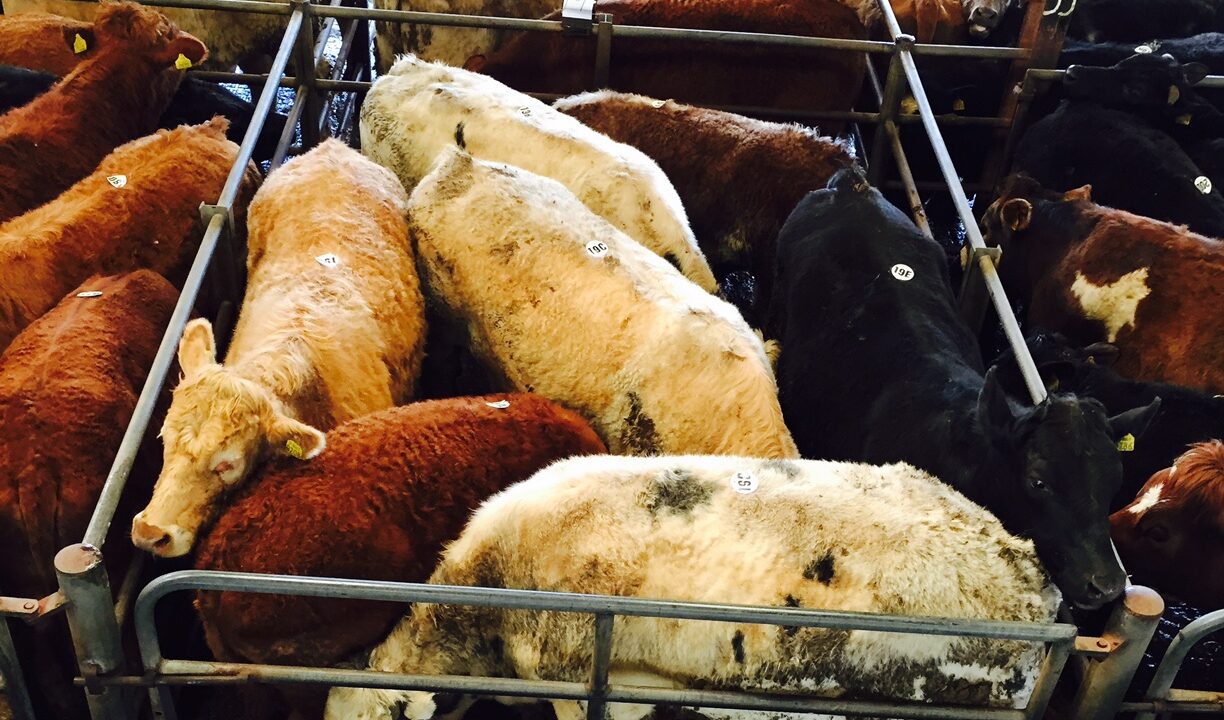The Minister for Agriculture, Simon Coveney, officially announced that agreement has been reached with the Egyptian authorities to enable the importation of Irish cattle.
Agriland reported last week that agreement had been reached following an inspection visit by the Egyptian Ministry of Agriculture to Ireland.
This concluded with a certificate to allow the export of Irish cattle to the African country.
Commenting on the agreement, the Minister said that this agreement is a significant boost to the live export trade in Ireland.
“Opening new third country markets for Irish cattle is a priority as it represents an important alternative outlet for farmers here.
“My Department and Bord Bia are actively promoting such trade and were recently in Italy at Fieragricola, Italy’s premier livestock event to market the live cattle trade from Ireland.”
North Africa has traditionally been a very important destination for Irish cattle but of course is affected by political instability which has severely disrupted the trade.
“However the addition of market like Egypt, which has been a very significant importer of Irish cattle in the past, to the list of markets open to Irish exporters, is a timely boost.”
There are currently three vessels approved to export cattle out of Ireland.
In 2014, Egypt imported $135m worth of live cattle with Australia, Uruguay and Brazil as main suppliers. In 1996, Ireland exported over 100,000 head of live cattle to Egypt.
The main export market for Ireland in 2015 was Northern Ireland where exports were up 9% on the previous year.
Other key markets were the UK, the Netherlands, Spain and Italy and the expectation for 2016 is that Spain and Italy in particular will see increased live export trade from Ireland.
Commenting on the trade the Minister said that it is essential that both beef and live trades are functioning well and that farmers have options when marketing their stock.
“This year will bring its own challenges for the beef sector in Ireland but this Government has full confidence in its future.
“Continued investment in the sector and a focus on opening markets for both beef and the live trade will be key to the continued development of this critically important sector.”
